Canada has made a significant leap in the Global Life-Work Balance Index, securing a spot in the top five for the first time.
According to the second annual study conducted by global employment expert Remote, Canada moved up from ninth place in 2023 to fifth place in 2024, thanks to an improved life-work balance score of 72.75. This nearly five-point increase is largely attributed to Canada’s high employee safety score, a new metric introduced this year.
New Zealand retained its top position for the second consecutive year, while the United States continued to struggle, falling to 55th place out of 60 countries. The U.S. remains hindered by restrictive workplace policies and a low safety score. In contrast, Canada’s strong performance reflects its commitment to creating a safe and supportive work environment.
Barbara Matthews, Chief People Officer at Remote, emphasized the importance of balancing personal fulfillment and professional success. “Everyone should be able to enjoy both personal fulfillment and professional success, no matter where they live,” Matthews stated. “The top countries on our global life-work balance list are leading the way for a brighter future of work by embracing this philosophy and offering the infrastructure to support it.”
The study ranks each country by a life-work balance score out of 100, considering factors such as minimum wage, sick leave, maternity leave, healthcare availability, public happiness, average working hours, LGBTQ+ inclusivity, and the new public safety metric. European countries continue to dominate the rankings, with seven of the top ten nations located in Europe. Meanwhile, the United Kingdom experienced a notable decline, dropping from eighth to fifteenth place due to lower scores across several ranking factors, including safety.
These are the Top 10 Countries for Life-Work Balance in 2024
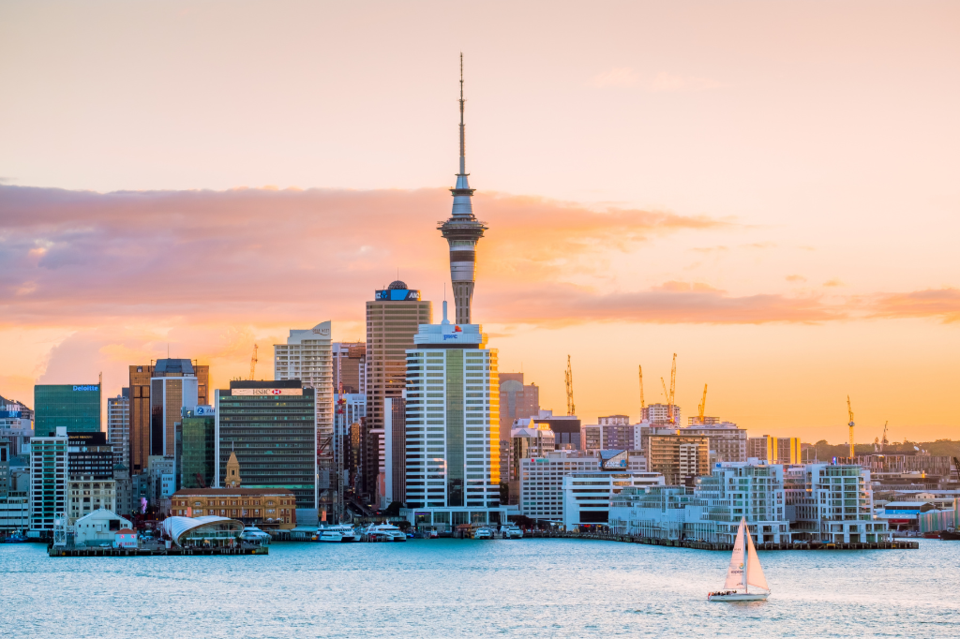
1. New Zealand — 80.76
New Zealand retains its number one spot in the life-work balance index for the second year in a row. The country stands out with its high minimum wage, 32 days of annual leave, and excellent scores on the happiness index. It’s also regarded as one of the safest places to live and work globally.

2. Ireland — 77.89
Ireland makes a significant leap to the top 10 in 2024, climbing from 21st place last year. Known for its universal healthcare system and high minimum wage, Ireland consistently ranks well across multiple metrics. The country is also recognized for its safety, further enhancing its appeal.
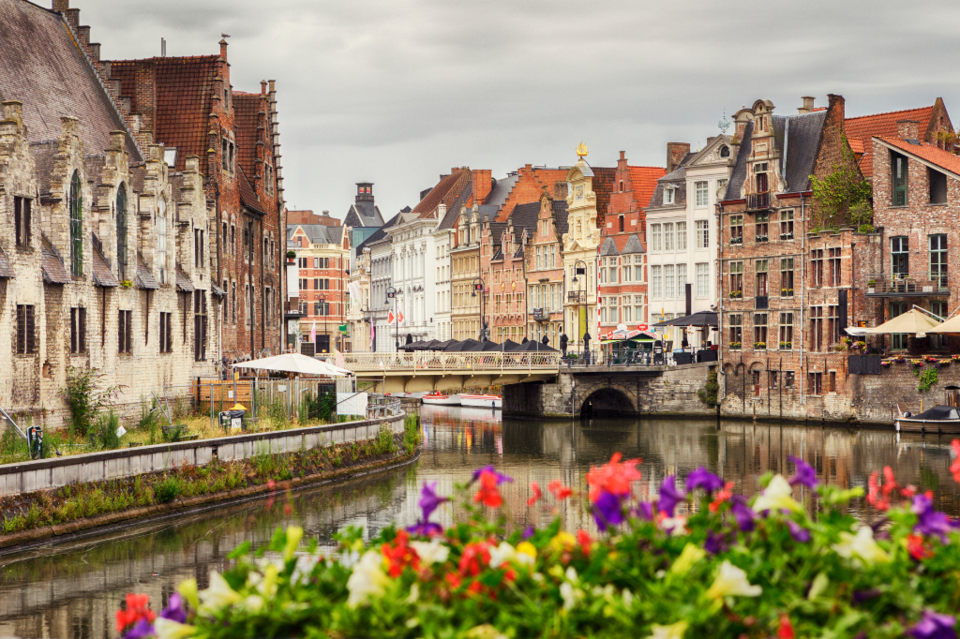
3. Belgium — 73.45
Belgium breaks into the top 10 this year, tying with Denmark for third place. The country’s strong position is supported by recent improvements in its sick leave policies. Belgium’s high minimum wage and an average workweek of 35 hours underline its commitment to a balanced lifestyle.
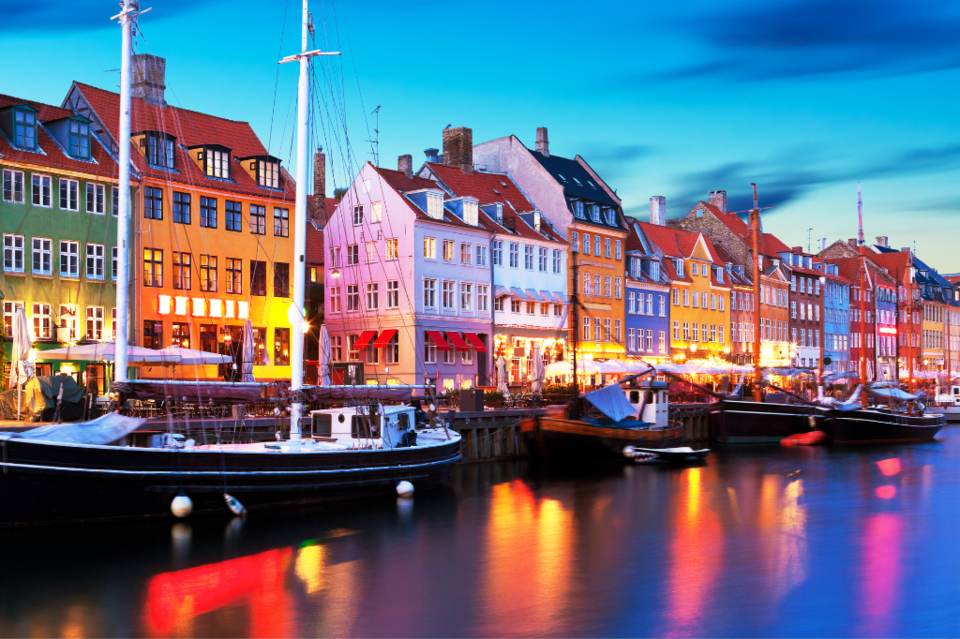
4. Denmark — 73.45
Denmark, tied with Belgium, ranks as the world’s second-happiest nation and offers 35 days of statutory annual leave. The country’s parent-friendly policies and strong LGBTQ+ inclusivity contribute to its high ranking, along with its reputation as a safe and secure place to live.

5. Canada — 72.75
Canada climbs into the top five, thanks to one of the shortest average workweeks (32.1 hours) and its reputation as one of the safest and most LGBTQ+ friendly countries. Canada’s position is a stark contrast to the United States, which ranks 55th.

6. Germany — 71.84
Germany enters the top 10 with a notable improvement from 12th place in 2023. The country boasts the highest minimum wage in Europe and a combined public/private healthcare system. Germans work fewer hours per week on average, further supporting their life-work balance.
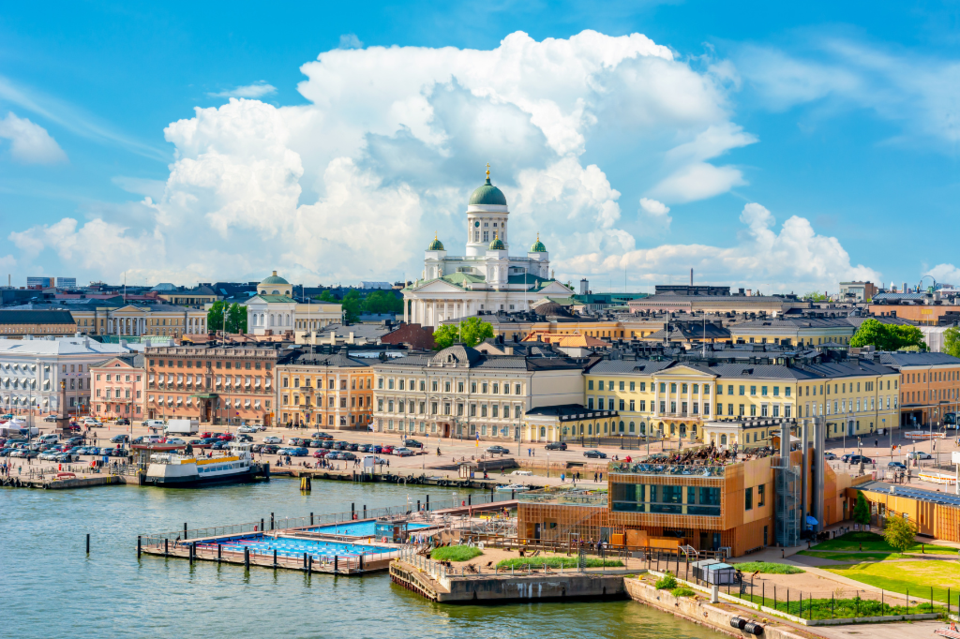
7. Finland — 71.55
Finland’s “infrastructure of happiness” includes a strong education system, quality healthcare, and a robust economy. Finnish workers benefit from 36 days of statutory annual leave and a shorter-than-average workweek, reflecting the country’s commitment to a balanced lifestyle.
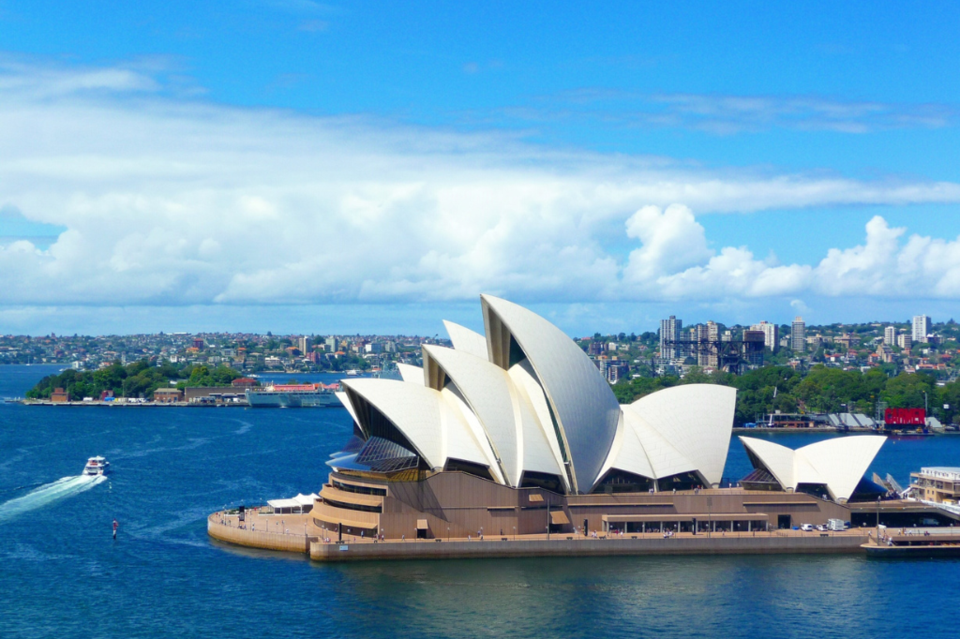
8. Australia — 71.35
Australia offers the highest minimum wage among the nations studied and has one of the shortest average workweeks at just over 32 hours. These factors, combined with a high quality of life, position Australia favourably in the life-work balance index.
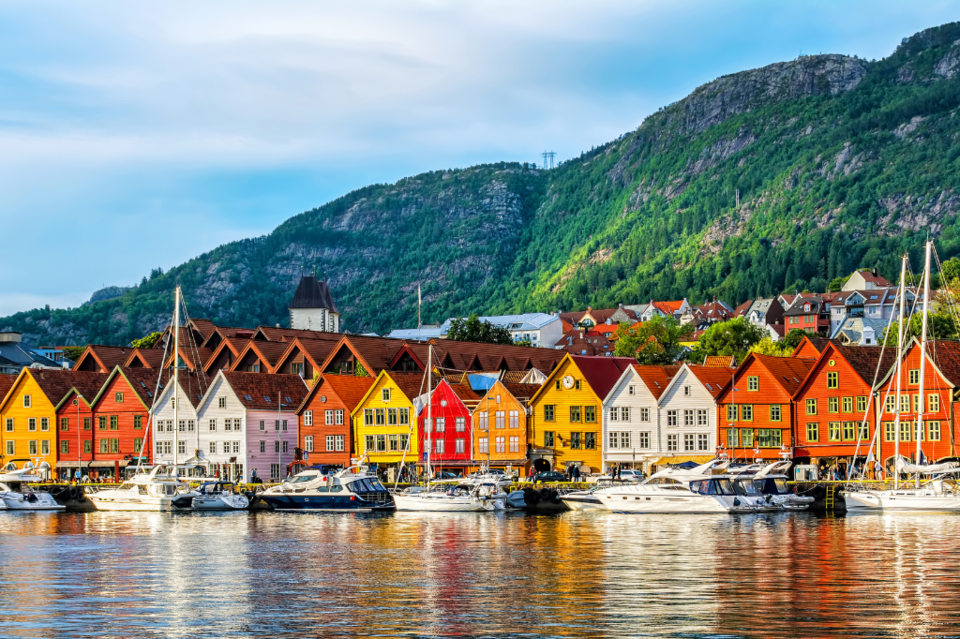
9. Norway — 70.85
Norway is recognized for its outstanding parental leave policies and high levels of happiness. With 35 days of statutory annual leave and a strong record in championing LGBTQ+ rights, Norway remains a top contender for work-life balance.

10. Spain — 70.60
Spain’s generous statutory leave of 36 days and family-friendly policies make it an attractive destination for workers. Despite the cultural practice of afternoon siestas, Spanish employees enjoy ample time off, contributing to a healthy life-work balance.
You can learn more about the Global Life-Work Balance Index findings here.




